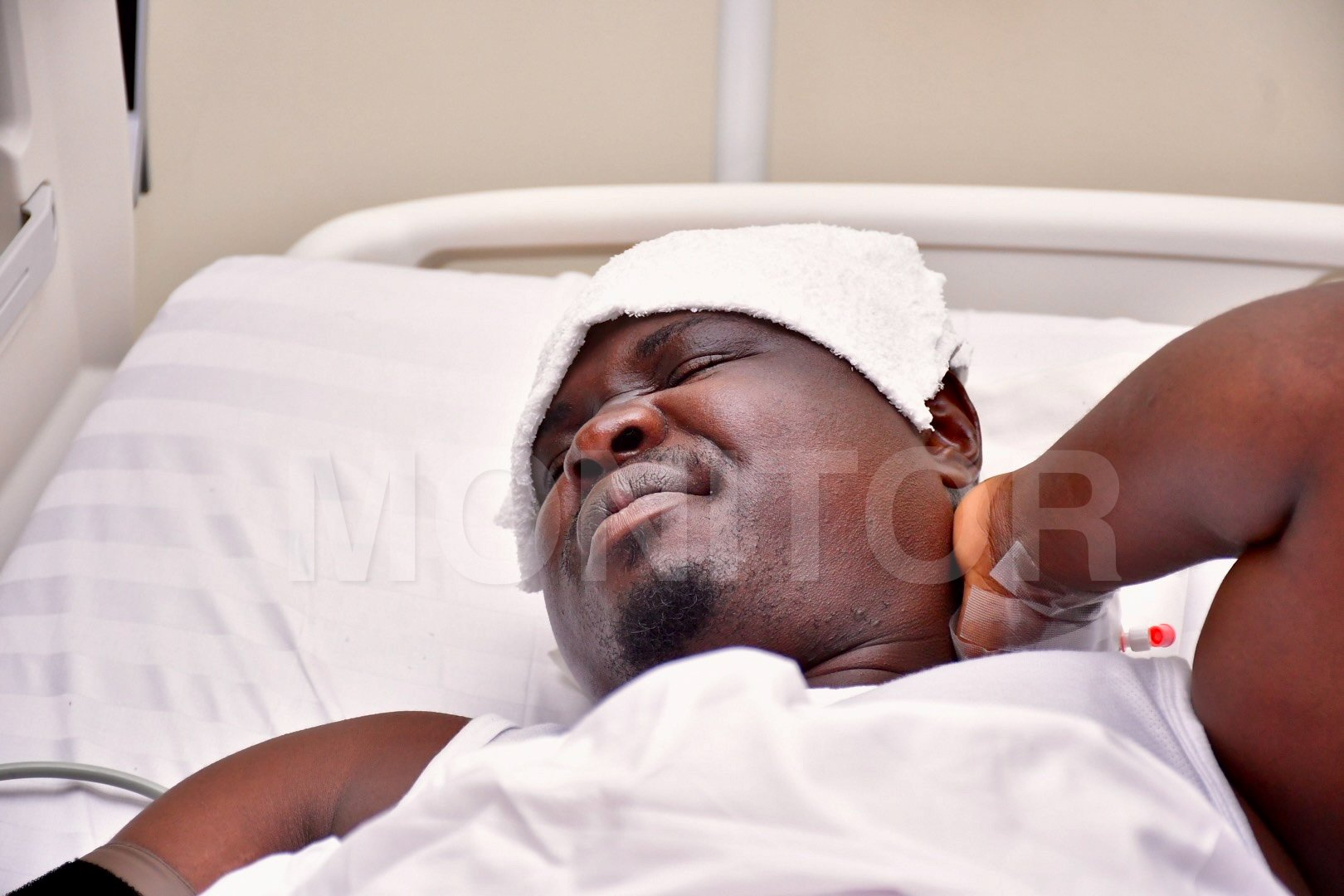Banyarwanda group push to become Ugandans

Some of the members of the Ugandan Banyarwanda Cultural Development Association attend the workshop in Kampala yesterday. PHOTO | SYLIVIA KATUSHABE
What you need to know:
- Their appeal, they said at a media briefing yesterday, could be answered if the country’s Constitution is amended to accommodate their wishes.
A group of persons of Rwandan origin living in Uganda have launched a public appeal to be recognised.
Their appeal, they said at a media briefing yesterday, could be answered if the country’s Constitution is amended to accommodate their wishes.
The Ugandan Banyarwanda Cultural Development Association (Umubano) proposed that a Bill, potentially titled ‘Banyarwanda and Other Roving Community Management Bill, 2024’ be brought before Parliament for that purpose.
One Christopher Muhumuza aimed to convey the hardships experienced by individuals in his community through a personal narrative. He recounted his decision to obtain a Ugandan passport, citing his birth in the country and his sole familiarity with Uganda as his reasons.
“But each office I would go to, they would tell me that this is a real Kagame (reference to Rwanda president Paul Kagame) because of the way I look. I felt bad but kept cool because that is the way I look and I can’t change it. These people at Passport Office tossed me around [and] refused to give me a passport because I am a Munyarwanda,” Mr Muhumuza said.
Article 10 of the 1995 Constitution describes a citizen by birth in the following terms.
“Every person born in Uganda one of whose parents or grandparents is or was a member of any of the indigenous communities existing and residing within the borders of Uganda as at the first day of February, 1926, and set out in the Third Schedule to this Constitution; and (b) every person born in or outside Uganda one of whose parents or grandparents was at the time of birth of that person a citizen of Uganda by birth”.
Attorney General Kiryowa Kiwanuka told the Monitor yesterday said he would first have to understand exactly what Umubano is complaining about before commenting, because it is not that all Banyarwanda in Uganda are facing the same problems.
Mr Simon Kaitana, the Umubano chair, said it is very hard for the Banyarwanda to prove that they have been here since 1926.
Mr Kaitana also said his people are tired of being marginalised when they seek services such as passports and national identity cards yet they are one of the tribes recognised in the Constitution as an ethnic group in Uganda.
“The way staff in Immigration treat the Banyarwanda shows that they are not supposed to get these services. We are a roving community that has special factors which must be considered when we are getting these services,” Mr Kaitana said.
“We want these Banyarwanda listed in the Constitution to be identified and certified, managed and even given its dignity. Our people cannot go out of the country for labour export because they can’t get passports; they are losing property because their identity cards were confiscated, they also face security threats. Whenever Uganda and Rwanda get problems, they are looked at as spies of Rwanda. That is why we need this identity certification…,” he said.
Mr Fred Mukasa Mbidde, a lawyer of representing Umubano, yesterday acknowledged that if they go by what the Constitution says, then it is true that Banyarwanda who came to Uganda after 1926 are not Ugandans. But this can be cured through amending the Constitution, he said.
“There was no Uganda by 1926. What existed were only protected persons, citizenship is about independent states and sovereign states but they based citizenship on ethnic connotations that are extra-territorial which is a mistake in the Constitution and we need to correct this,” Mr Mbidde said.





